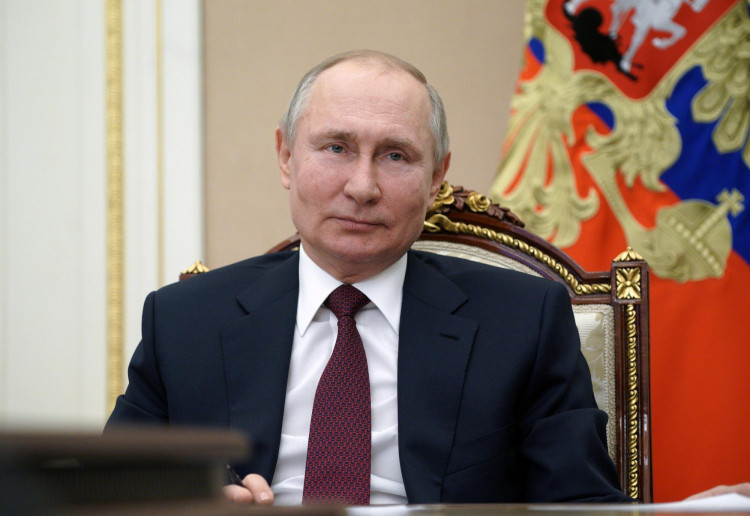Russian and Ukrainian delegations met in Turkey on Friday for their first direct peace negotiations in over three years, as U.S. President Donald Trump intensified pressure on both sides to end the war that has become Europe's deadliest conflict since World War II.
Talks began at the Dolmabahce Palace in Istanbul, with Ukrainian Defense Minister Rustem Umerov leading Kyiv's delegation and Russian presidential aide Vladimir Medinsky heading Moscow's team. The meeting, facilitated by Turkish officials, marked the most direct diplomatic engagement between the two countries since March 2022, weeks after the invasion began.
Ukrainian President Volodymyr Zelenskyy criticized Russia's approach to the negotiations, saying that Putin's decision not to attend and instead send what he called a "decorative" lineup showed the Russian leader was not serious about ending the war. Russia, in response, accused Ukraine of trying "to put on a show" around the talks.
President Trump, returning from a Middle East tour, told reporters Friday, "I think it's time for us to just do it," referring to a potential summit with Russian President Vladimir Putin. "A meeting with Putin will happen as soon as we can set it up."
U.S. Secretary of State Marco Rubio and Trump's special envoy Lt. Gen. (Ret.) Keith Kellogg also arrived in Istanbul to meet with Turkish and Ukrainian officials. Rubio tempered expectations: "We don't have high expectations of what will happen tomorrow. And frankly, at this point, I think it's abundantly clear that the only way we're going to have a breakthrough here is between President Trump and President Putin."
A senior Ukrainian official close to the negotiations told The Associated Press that Kyiv came with a mandate to "achieve a lot today," but the outcome would depend on Moscow's seriousness. The source requested anonymity due to diplomatic sensitivities.
Russia continues to insist that any settlement must include Ukraine relinquishing its NATO aspirations, ceding occupied territories, and adopting a position of neutrality-terms Kyiv has repeatedly rejected as capitulation. Instead, Ukraine has accepted a U.S.- and EU-backed 30-day ceasefire proposal, which Moscow has so far ignored.
On the battlefield, Ukrainian forces are bracing for renewed Russian offensives. A drone strike Friday in Kupiansk, Kharkiv region, killed one municipal worker and injured four others, according to regional governor Oleh Syniehubov.
In advance of the talks, Ukrainian and U.S. officials also held a joint strategy meeting with national security advisers from France, Germany, and the United Kingdom. Turkish Foreign Ministry sources confirmed that a separate three-way meeting took place involving Turkey, the U.S., and Ukraine.
Despite the high-profile diplomacy, expectations for tangible progress remain muted. The two sides remain sharply divided on core issues, and Trump's push for a personal summit with Putin has added a new layer of complexity to already delicate negotiations.
Kremlin spokesman Dmitry Peskov said Friday that "top-level talks are certainly needed," but emphasized that preparations would take time. Putin, meanwhile, has refused Zelenskyy's challenge for a one-on-one meeting, choosing instead to dispatch a team of mid-ranking officials to Istanbul.
As negotiations unfolded, Zelenskyy traveled to Albania to attend a summit of 47 European nations focused on defense, democratic values, and regional security.
According to the United Nations, more than 12,000 Ukrainian civilians have died in the war, along with tens of thousands of soldiers on both sides. With the conflict entering its fourth year, Friday's talks underscored both the urgency and fragility of renewed diplomatic efforts.






